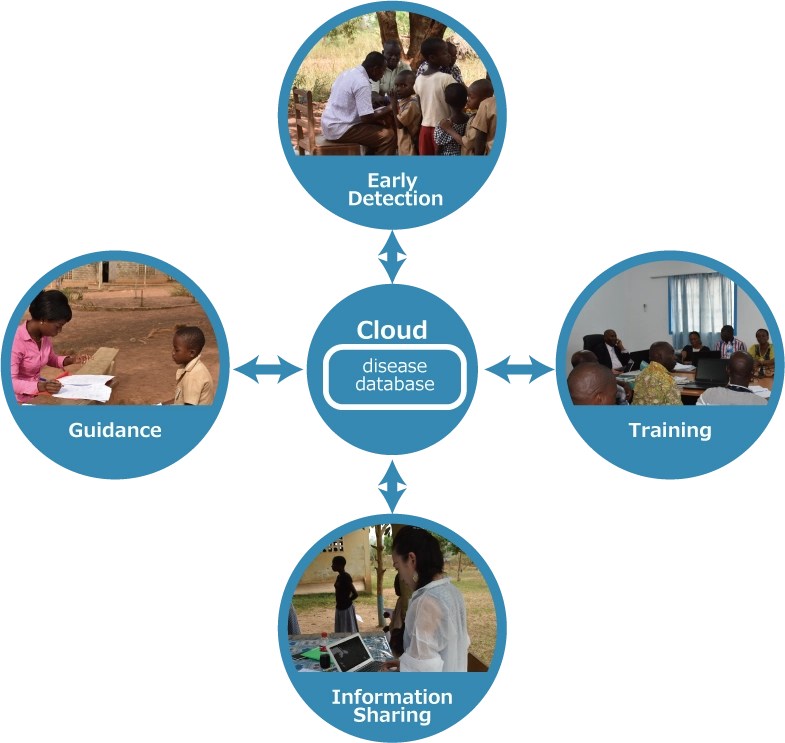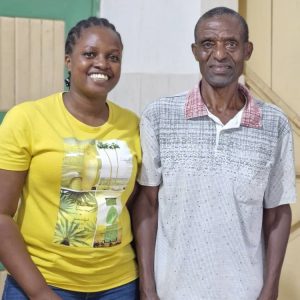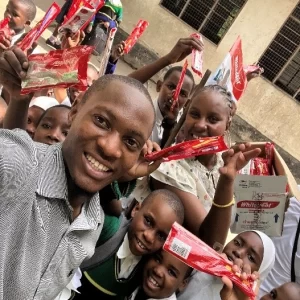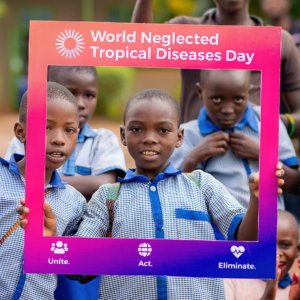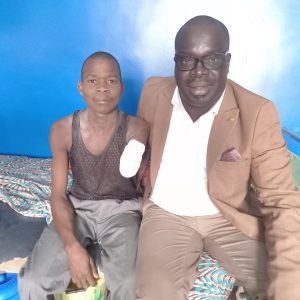“Neglected Tropical Diseases”
In an era where information technology can make a difference without “large capital” or “continuous investment”
Activities
Issues around healthcare in low- and middle-income countries involve various complex factors.
Many people do not seek medical care due to lack of knowledge about medical care and financial constraints. Instead, they continue traditional treatments which are not evidence-based and which often lead to worsening conditions. Even if people have knowledge, there is a fear of stigma and discrimination when their illness becomes known to others, causing them to intentionally avoid seeking medical care.
Furthermore, even if individuals do visit medical facilities, there may be insufficient stock of necessary medications, resulting in inadequate treatment.
In the past, addressing these issues would have required “large capital” and “continuous investment”. Today, with the advancement of information technology, the situation has significantly changed. Through application of smartphones, and cloud technology, and other innovations, even small organizations, companies, researchers, developers, and individuals to contribute to problem-solving remotely.
Clover Health International aims to achieve early diagnosis and early treatment of patients suffering from “neglected tropical diseases” and other infectious diseases prevalent in underserved communities of low- and middle-income countries. We have developed smartphone applications that can be utilized for disease management and teledermatology. We have been actively involved in data collection and research.
Our current main counterpart is Ministry of Health and organizations in Côte d’Ivoire and Ghana. As of June 2023, we have supported diagnosis of 2,197 patients and collected medical records of 3,486 diseases. Many of these cases in which treatment could be introduced at the stage of early diagnosis before the onset of sequelae.
Clover Health International aims to improve the quality of life of those severely affected by infectious diseases like “neglected tropical diseases”. Our goals include early detection, early treatment, and eradication / elimination of these diseases, as well as establishing related research and treatment methods and training of new skilled healthcare professionals.
